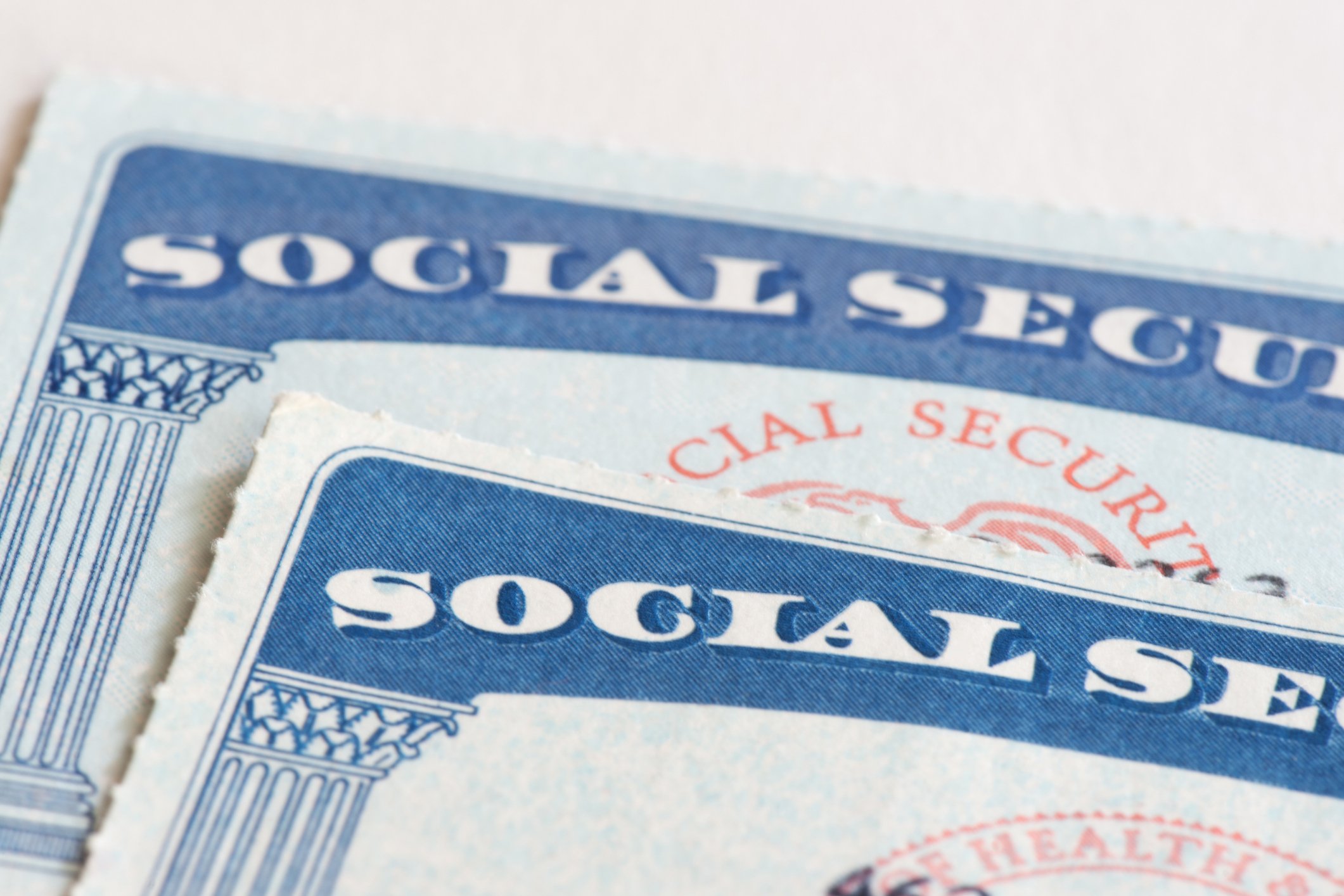Lack of retirement savings is fast becoming a crisis in this country. One in three Americans has less than $5,000 saved for retirement, and one in five have no savings at all, according to a Northwestern Mutual survey.
If you're among that group, you should consider boosting your retirement savings, but there are a couple of other things you really need to tend to first.
1. Create an emergency fund
Nothing derails your finances quite like an emergency. If you don't have any savings, you may have to take out a loan or charge expenses to your credit card that you can't pay back at the end of the month. Once you fall into that cycle of debt, it can be difficult to get out, and the money you otherwise could have saved has to go toward interest on your debts.

Image source: Getty Images.
You can avoid this by proactively saving for these unanticipated events in an emergency fund. Open a separate account or keep the money in your existing savings account. Just make sure you dip into your emergency savings.
You should have three months' worth of living expenses, at a minimum, but six months is even better. If you'd like, you can save for retirement and your emergency fund at the same time. But give the edge to your emergency fund. Once you've met your goal, you can put more of your extra cash toward retirement each month.
2. Pay down high-interest debt
There's a debate about whether it's best to pay down high-interest debt before you save for retirement or whether you should do both at the same time. It's not an easy decision. The longer you take to pay off credit card debt, the more you're going to pay in interest. That's a guaranteed loss, and depending on how much you owe and what your credit card's interest rate is, it could amount to thousands of dollars. But by delaying retirement savings to pay down debt, you're missing out on months or even years when that money could have been growing, and when it's time to retire, you'll have a smaller nest egg to show for it.
The right way to handle this dilemma depends on your situation. If your employer offers a 401(k) match, you shouldn't skip this unless you absolutely can't afford to contribute to it. Contribute enough to take advantage of the free money and then put the rest toward debt repayment. Look for ways to reduce your debt, like transferring a balance to a card with a 0% APR or consolidating your debt with a personal loan. This may help you get your debt under control more quickly.
If your employer doesn't offer a 401(k) or doesn't match your contributions, it's a little trickier. If you only have a small amount of high-interest debt, you may be better off throwing all your extra cash at it for a month or two to knock it out. Then, you can devote all that money to savings once your debts are paid off.
But if you have a lot of high-interest debt, consider paying it down and saving for retirement at the same time. You could split your money evenly between the two or favor whichever one is a higher priority for you.
You may have to make some lifestyle changes to free up extra cash, like traveling and dining out less or picking up a side hustle. If you're struggling to find a plan that works for you, consider consulting a financial advisor who can give you personalized advice. They may be able to come up with a plan you hadn't thought of.





